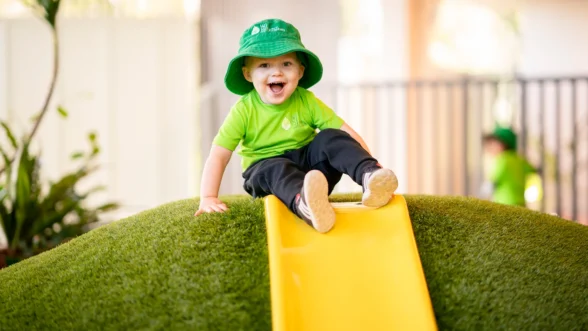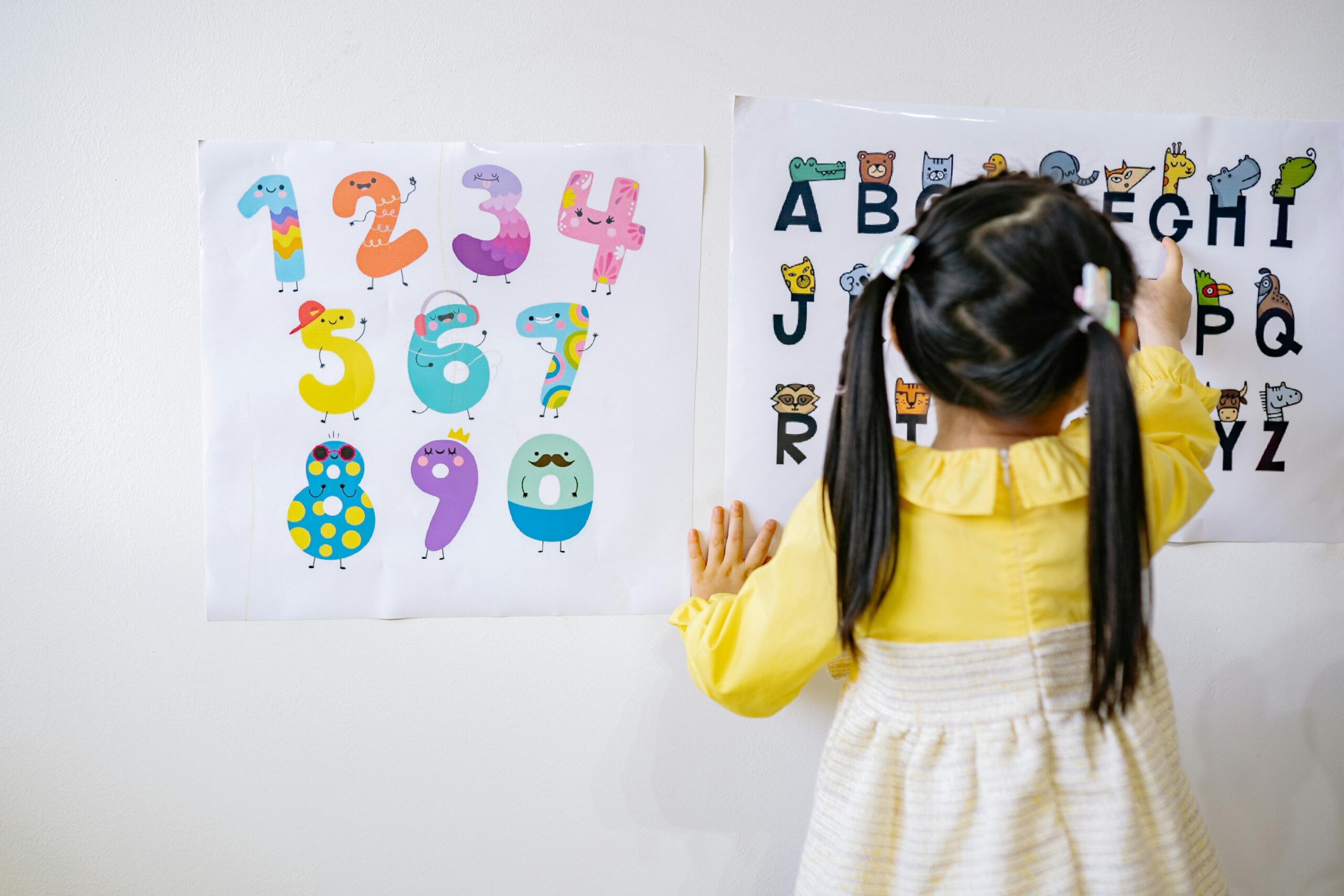
Education, Wellbeing
Education, Parenting Resources
25 November, 2026

Helping children build strong school readiness skills not only eases their transition into the classroom, but also sets them up for confidence and success from day one. As children grow through their pre-school years, they build the confidence and connection that help them take those first steps into “big school” with excitement rather than anxiety.
Every parent wants their child to start school feeling confident, curious, and ready to take on new challenges. The good news? Most of the important skills for the foundation year are already developing naturally through play and daily routines in the kindy years.
Educators talk about school readiness as more than early academics – it’s about building the social, emotional, and communication foundations that help children learn, participate, and connect.
Below are five key areas that help children feel secure and capable as they begin their school journey.
Children who feel confident are more likely to approach new activities positively and keep trying when faced with challenges. This confidence may look like having a go at writing their name, joining in group play, or taking part in a new activity.
Confidence, paired with curiosity, lays the foundation for a lifelong love of learning.
School life involves lots of group time, instructions, and teamwork. Strong listening and communication skills help children understand routines and express their thoughts clearly.
Educators support this by reading stories, singing songs, and encouraging turn‑taking in conversation. At home, you can nurture these skills by:
These behaviours foster focus, empathy, and the ability to follow instructions – core ingredients for settling confidently into school.
In the foundation year of school, children learn how to work and play in bigger groups, where fairness and patience are important. Practising turn‑taking builds empathy and helps children recognise that everyone’s voice matters.
Asking for help is a sign of confidence, not weakness. Children who feel comfortable approaching a teacher or peer when they need support adapt more easily to classroom life.
These experiences teach resilience and problem‑solving, both key to thriving at school.
The first year of school isn’t about being “ahead” – it’s about being ready to engage, concentrate, and participate. Simple activities can help your child feel familiar with early learning experiences:
These fun, low‑pressure activities give children a sense of “I can do this,” easing their transition into structured learning.
More than anything, children starting school need a sense of belonging and self-confidence. When they can manage emotions, take turns, listen, persist, and communicate, they step into school feeling ready – not just to learn, but to enjoy learning.
In our early learning environments, Edge educators gently guide children through these milestones every day, building confidence, connection, and curiosity in every play experience. These early foundations ensure your child begins the foundation year with the skills and self‑assurance they need to flourish.